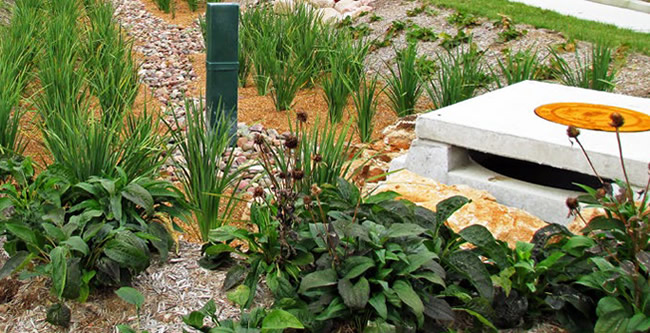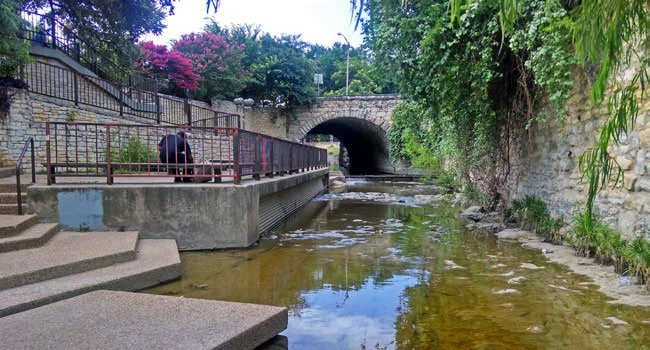How do we create a more water-centric infrastructure? That’s a question LimnoTech senior engineer Dr. Daniel Medina, P.E., D.WRE addresses in his work. Low impact development strategies are very important to his work. It’s trickier than just saying “use LID,” though. Inequalities between cities and countries make is harder for some infrastructure strategies to get adopted. Priorities are different from community to community.
Listen to “Leap Frog Ideas in Low Impact Development” on Spreaker.
For this episode of the GeoTalk Podcast, Geosynthetica’s Director Elizabeth Peggs sat down with Medina during the International Erosion Control Association Conference and Exhibition to learn more about overcoming challenges to low impact development.
GeoTalk is published on Tuesdays. Previous episodes:
- June 6: Craig Benson on Sedimentation, Dams, and Watershed Health
- June 13: Robert Bowers on Geosynthetics in Segmental Concrete Pavements
- June 20: The Geotechnical Poetry of Mary Nodine
Subscribe on iTunes and in the Google Play store.
LOW IMPACT DEVELOPMENT
Medina emphasizes that one of the biggest challenges is the natural resistance to something new, especially when new things often cost more.

“LID has proven in many cases that it can save money to developers,” Medina says. “You can save up to 50% on your drainage costs in a green site development if you start with Low Impact Development. That means less water to manage, less landscape to rebuild, fewer linear feet of pipe, smaller detention facilities. …”
What of disparities between different communities that change how they’ll prioritize their development needs?
In regards to the developing world, Medina says that, for example, “We have the opportunity to leap frog the gap that has been created between taking care of sanitation and taking care of water.”
He cites how decades have passed since engineers and communities in Canada and the United States began to tackle non-point source pollution. We can take the advanced approaches we have now and apply them immediately to the developing world without having to take the many steps that were part of the learning process in well-developed nations.

“We’re not lacking knowledge,” Medina says.
Listen to the podcast to learn more about how Medina and other low impact development professionals are providing solutions and overcoming challenges all over the world.
Learn more about LimnoTech’s work at www.limno.com.











